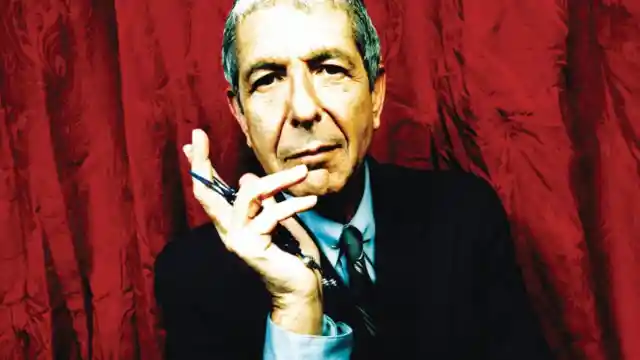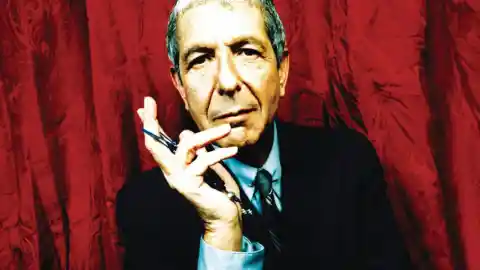

Leonard Cohen wrote “Hallelujah” in 1984 and released it to little immediate claim as part of his album Various Positions. But then John Cale did a cover of the song, and Jeff Buckley did a cover. The song quietly ascended to having the almost cult status that it retains today. Author Alan Light even wrote a book about it in 2012, called The Holy or the Broken: Leonard Cohen, Jeff Buckley & the Unlikely Ascent of “Hallelujah”. In his book, Light discusses the years during which Cohen struggled with writing the lyrics of the song. This is not surprising to anyone who has ever listened to the lyrics. In fact, I would venture to say, what with the relatively simple guitar accompaniment to the vocals, this particular work is closer to poetry than anything else in popular music these days. That is true of a lot of Leonard Cohen’s songs. I am personally a big fan of “Suzanne”, but “Hallelujah” is the one he will be remembered for. Just spend a moment digesting these lines: “Well your faith was strong but you needed proof / You saw her bathing on the roof / Her beauty and the moonlight overthrew ya / She tied you to her kitchen chair / And she broke your throne and she cut your hair / And from your lips she drew the Hallelujah.”
How beautiful is that? The song contains several biblical references, most notably to the stories of Samson and Delilah, as well as to King David and Bathsheba. Both of these stories in the bible deal with betrayal in love, so it is quite exquisite that the major theme persists as “Hallelujah”. Again, everybody please just take a minute to bask in the beauty of the lyrics: “But baby I’ve been here before / I’ve seen this room and I’ve walked this floor / You know, I used to live alone before I knew ya / And I’ve seen your flag on the marble arch / And love is not a victory march / It’s a cold and it’s a broken Hallelujah.”
For me, personally, I look to this song, and to all the pain that clearly went into its composition, as a reminder that good art is still valuable and appreciated, even these days, when most of what’s successful on the internet has absolutely nothing to do with substance or content. Thank you, Leonard Cohen, for creating something so beautiful that it’s helped remind everybody of that.